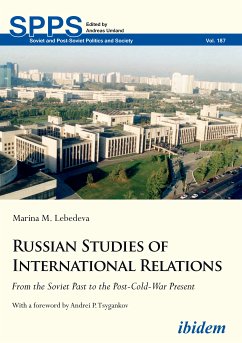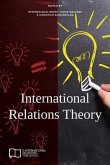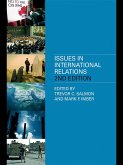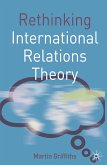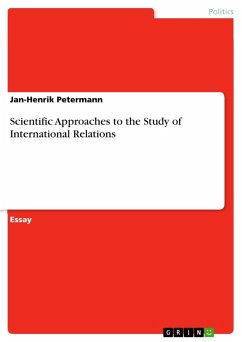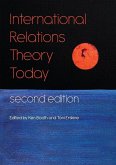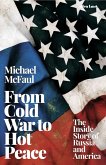The current state of Russian studies of International Relations to a large degree reflects the history and development of IR research during Soviet times. However, over the past 25 years, one could also observe a number of new developments-both substantive and institutional-which are important not only for properly assessing the new state of this academic discipline in Russia, but also for better comprehending Russian foreign policy as well as various international activities of Russia's regions, businesses, media, etc.
Dieser Download kann aus rechtlichen Gründen nur mit Rechnungsadresse in A, B, BG, CY, CZ, D, DK, EW, E, FIN, F, GR, HR, H, IRL, I, LT, L, LR, M, NL, PL, P, R, S, SLO, SK ausgeliefert werden.

